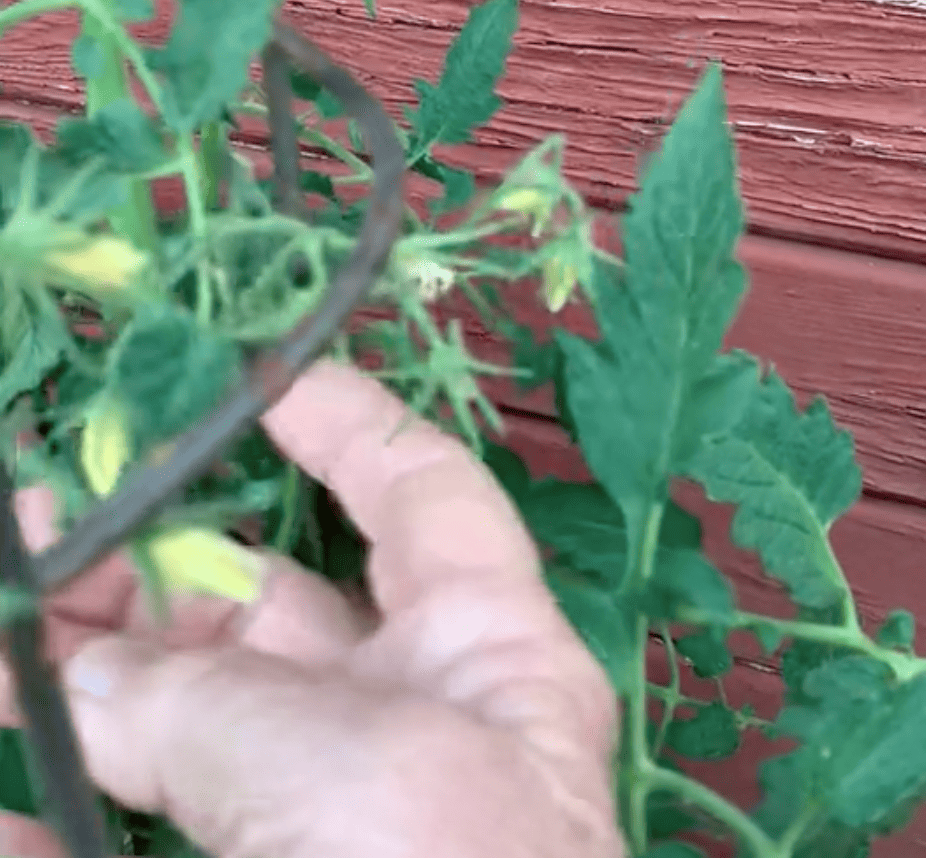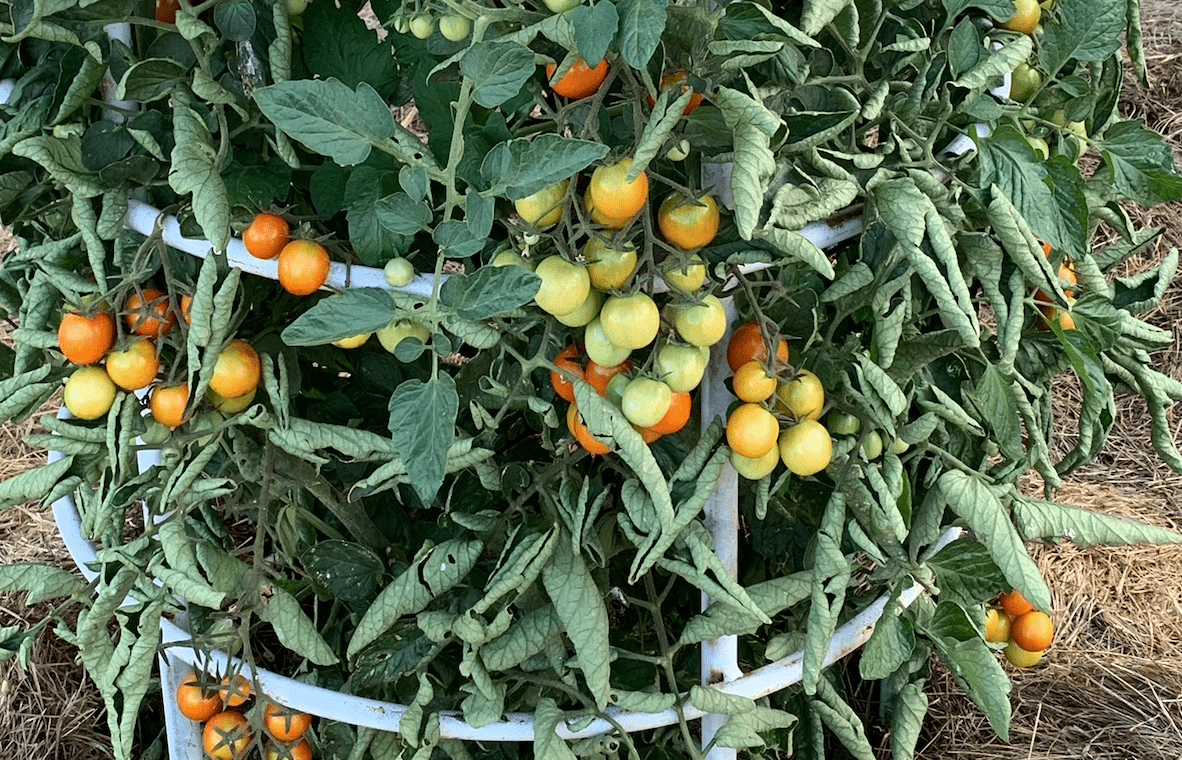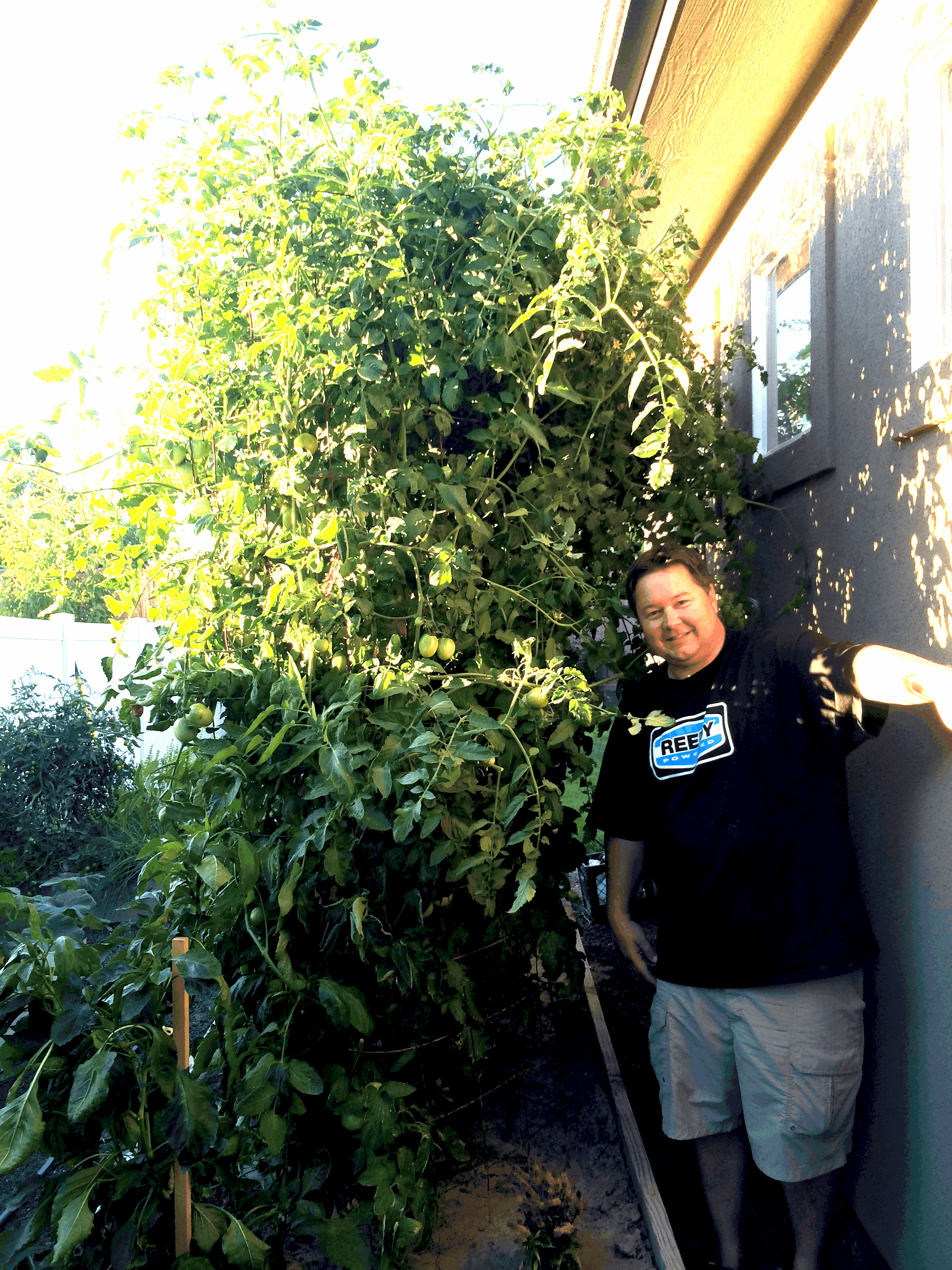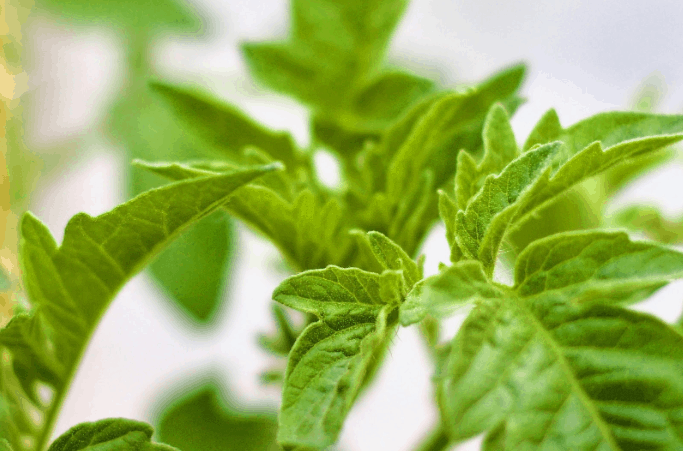Nitrogen is one of the three most important macronutrients that plants need to grow and thrive. Nitrogen is needed for the synthesis of amino acids and proteins. It is most noticeable in the green leaves and stem of the plants. Plants can not make their own nitrogen, so it must come from the soil.
Most soil is not rich enough in nutrients to grow the best tomatoes, so many people add fertilizer, some of which contains high levels of nitrogen. Too much nitrogen can adversely affect your tomato plants, so it is important not to overdo it. The following are some of the most common effects of too much nitrogen.
Lack of Fruit
As mentioned above, the effects of nitrogen are often seen in the foliage of plants. If your tomato plants have loads of lush green foliage, but very few fruit, you probably have an overabundance of nitrogen. You may also notice that the blossoms fall off prematurely or don’t form at all.
Physiological Problems with the Fruit
Blossom end rot is a common problem in tomatoes. Although lack of calcium is the biggest cause, a secondary factor in blossom end rot can be too much nitrogen. Tomatoes that are affected by this will have shrunken, leathery fruit that have a dark spot at the blossom end. Other symptoms of excess nitrogen on the fruit may be poor coloration or fruit that is puffed up and hollow inside, similar to a pepper.
Fertilizer Burn
High levels of nitrogen may also contribute to fertilizer burn. Synthetic fertilizers contain high levels of salt, which draw water away from the plant and cause dehydration. The leaves may start to yellow or the leaf tips may show signs of “burn” by turning crunchy and brown. In severe cases of fertilizer burn, the plant may die completely.
An Increase in Pests
Plants that have access to high levels of nitrogen are often more attractive to pests because of their lush foliage. Aphids and hornworms are particularly attracted by this condition and can do a great deal of damage to the plants.
Tomato Fertilizer
It is much easier to have excess nitrogen with the use of synthetic fertilizers. Although these types of fertilizers can be used by the plant much faster, they can easily be overapplied, contribute to poor soil conditions, and contaminate water sources through leaching. Natural organic fertilizers are better options because they are better for the soil and safer for the plants.
There are many organic materials that contain nitrogen that can be used in your garden including: alfalfa meal, blood meal, fish meal, compost, and various manures. These types of products are better because they must be broken down slowly over time, thus feeding the healthy microbes in the soil and releasing a steady level of nutrients for the plants to use. Tomato Secret is the best tomato fertilizer available today. It contains 12 natural ingredients to increase the yield, health, and taste of your tomatoes, while also building great soil. For more information on Tomato Secret, check out drjimz.com.



